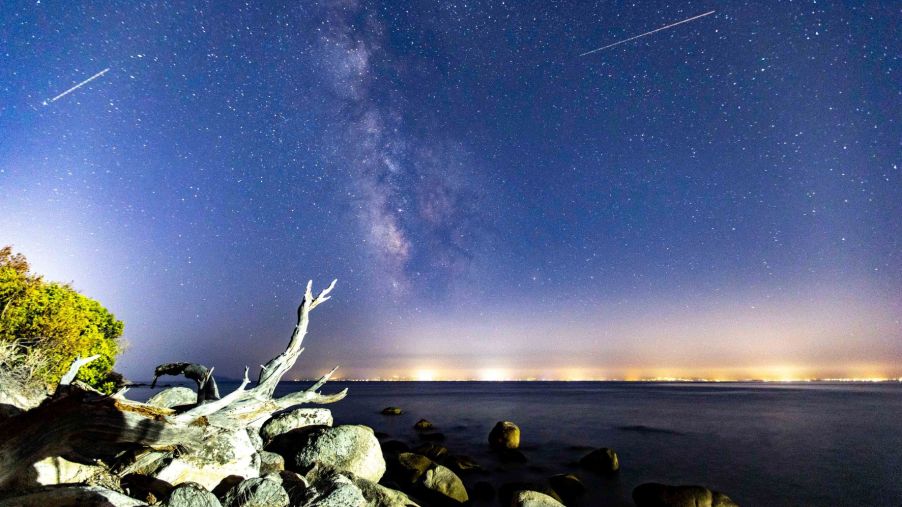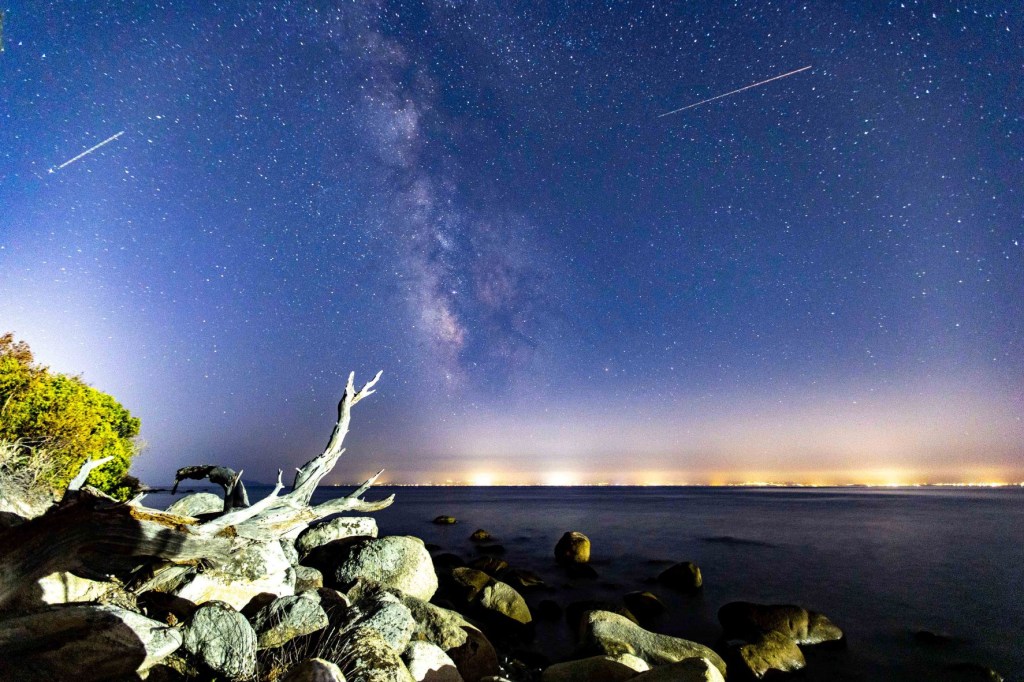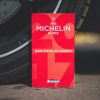
Alien Species Could Hitch a Ride on Our Spaceships and Contaminate Earth, Says Scientists
Space travel is an exciting new frontier. Every year, NASA, other country’s space programs, and private space agencies push the boundaries of space exploration with new discoveries and technologies. However, if not careful, space travel could come at a severe cost. According to scientists, alien species could hitch a ride on our spaceships and contaminate Earth.
Alien microorganisms pose a threat to Earth

As depicted in books and Hollywood movies, an alien species could destroy the human race with an invasion of the planet. However, realistically, the alien threat to our planet is from a considerably smaller lifeform. As reported by the journal BioScience, Anthony Ricciardi and other scientists at McGill University assert that alien microorganisms, or space bacteria, pose a threat to Earth. As our spaceships reach farther and farther out into the galaxy, there is a greater chance that a tiny alien species will hitch onto the spacecraft and come to our planet.
Once on Earth, the alien microorganisms could cause many problems. As we’ve seen from the coronavirus (COVID-19) pandemic, a virus or bacteria can cause significant illness, death, and disrupt the social and economic activity of the entire planet.
Additionally, the alien space bacteria could decimate other animal species, as well as plant life and agricultural production. Invasive species are already a problem around the world. Many countries take strict measures to address the invasive species threat. A similar concern applies to invasive alien microorganisms. It is important to note, though, that scientists at McGill University claim that the risk from alien microorganisms is very small — for now.
Space bacteria: They are already on the planet
The alien microorganism threat is not just conceptual speculation, for space bacteria are already on the planet. Part of the problem is that “space-like” conditions are an environment that is conducive for the rapid genetic mutation of microorganisms. In a study, scientists discovered that when a thousand generations of E.coli were grown in microgravity, the bacteria were more resistant to antibodies.
Also, in NASA’s “clean rooms” with assembled spacecraft, isolated bacterial strains demonstrated extreme resistance. In the microgravity conditions on a spaceship, the microorganisms could become even more virulent. Furthermore, on the International Space Station, radiation-resistant bacteria microbes were already detected. Descendants of these bacteria, as well as bacteria from other spacecraft, could even hamper efforts to colonize Mars.
Stronger space laws may be necessary to prevent alien microorganism contamination
NASA and other space agencies have been aware of the alien microorganism threat for decades. Space agencies have implemented measures to protect against the space bacteria threat since the 1960s. However, with the significant increase in spacecraft and space travel, stronger measures may need to be taken. This includes stricter space laws.
It’s still very much the “Wild West” when it comes to space laws and regulations. There are guidelines that space agencies follow to prevent the space bacteria threat, but they are not mandatory. While the International Committee on Space Research (COSPAR) has a Panel on Planetary Protection, it doesn’t have any members with experience dealing with the alien microorganism threat. In order to adequately address the threat, this may need to change.
Furthermore, another challenge is determining whether the microorganisms are alien or native. To properly address this challenge, scientists at McGill University suggest increased collaboration between astrobiologists and invasion biologists.
Despite the small risk of the alien microorganism threat, due to the potentially severe negative consequences, it’s something that needs to be taken very seriously. This is especially the case in the upcoming years as spacecraft and space exploration increase.


